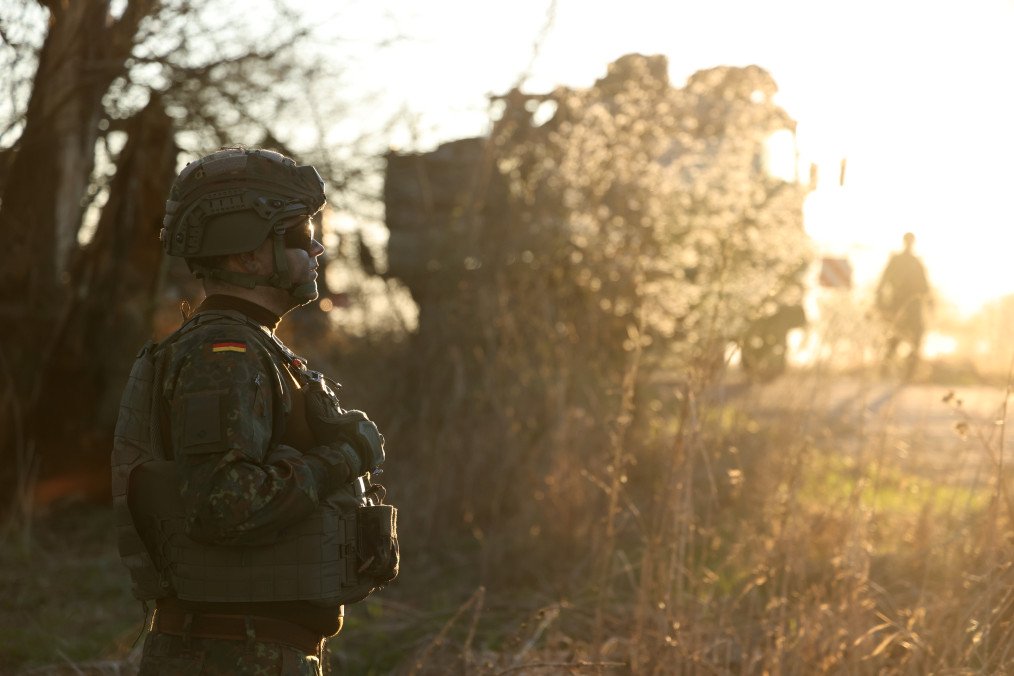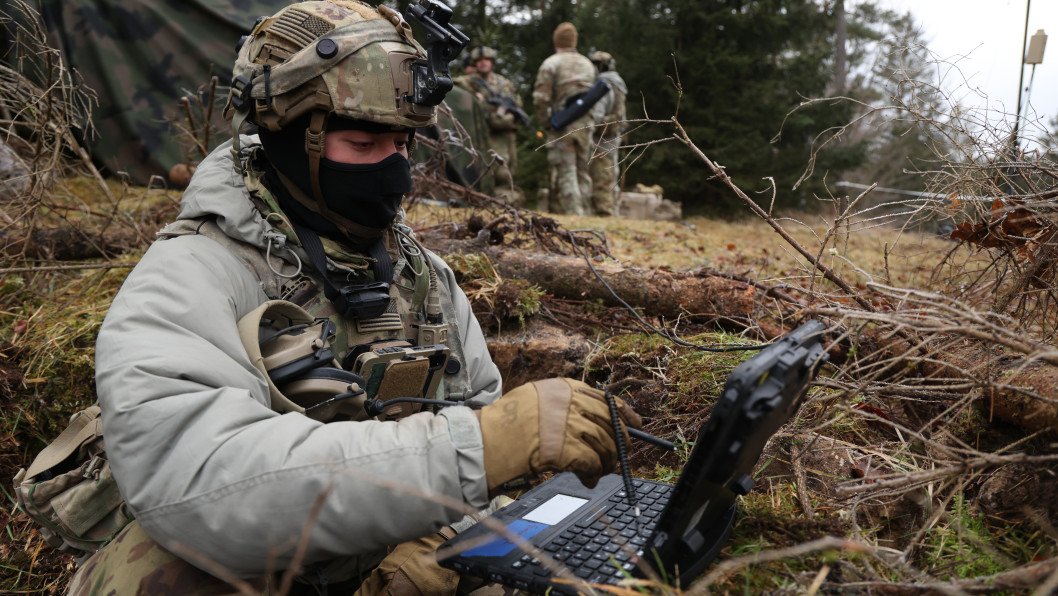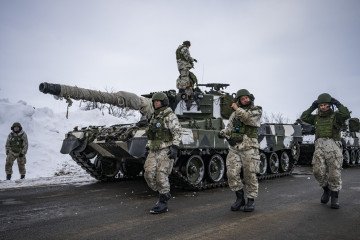- Category
- Latest news
Germany to Implement Emergency Training for Children and Civilians Amid Rising Tensions With Russia

Germany’s Interior Ministry has announced plans to enhance civil preparedness among schoolchildren as part of a broader national strategy to respond to potential crisis scenarios, including the possibility of armed war with Russia.
According to Handelsblatt report on April 7, the Federal Ministry of the Interior emphasized the growing need to focus on civil protection education in light of recent geopolitical developments. A ministry spokesperson stated that civil protection should be more strongly integrated into school curricula.
The proposal includes basic instruction for students on emergency behavior and general awareness of crisis situations. First aid training with elements of self-protection is also being considered, as well as informational support for teachers and young people through the Federal Office of Civil Protection and Disaster Assistance.
Christian Democratic Union security policy expert Roderich Kiesewetter has advocated for the introduction of crisis drills in schools. He highlighted that in a national emergency, students—being particularly vulnerable—must know how to respond. Kiesewetter pointed to Finland’s longstanding model, where students receive practical civil defense education as part of their general curriculum.
While the implementation of educational content is managed by Germany’s federal states, the federal government has expressed its readiness to support efforts with educational resources and preparedness materials.

The renewed focus on civil resilience follows warnings from Germany’s Federal Intelligence Service and the Inspector General of the Bundeswehr, Carsten Breuer, who recently stated that Russia could be capable of launching an attack on NATO territory within the next four to seven years.
The European Commission has also taken steps to prepare for potential wartime emergencies. It has introduced a strategy consisting of 30 measures aimed at strengthening crisis preparedness and societal resilience. This includes recommendations for citizens to maintain emergency supplies such as water, food, hygiene products, and basic tools.
Germany’s Interior Ministry echoed these recommendations, advising households to stock enough essential goods to last at least three days, in line with EU guidelines. A national guide for emergency preparedness outlines detailed supply lists for up to ten days per person, including food, beverages, and other necessities.
In addition to civil training, Germany continues to expand its military capacity. In March 2025, the country established its first Territorial Defense Division, Heimatschutzdivision, comprising 6,000 troops. As of April, command of these forces has been transferred to the German Army.
The new division is tasked with protecting critical infrastructure during peacetime, including ports, railways, pipelines, roads, and bridges. In times of crisis, it may assist with emergency response and support troop movements. If needed, it could be mobilized to counter military threats.
The German government has also taken steps to enhance military readiness through initiatives such as reintroducing mandatory military service and improving reserve force management.
Earlier, Germany and several Nordic countries began rolling out civilian war preparedness plans in response to rising security concerns. Germany is developing a bunker-locating app and urging citizens to adapt private shelters, while Sweden, Finland, and Norway have distributed survival guides and launched online platforms to boost public readiness for potential crises.
-c6522ae9e5320af1cc92504c0aaa1b34.png)



-1c91e31ae6d87f29e0d7d16254e7af67.jpg)
-c439b7bd9030ecf9d5a4287dc361ba31.jpg)

-111f0e5095e02c02446ffed57bfb0ab1.jpeg)

